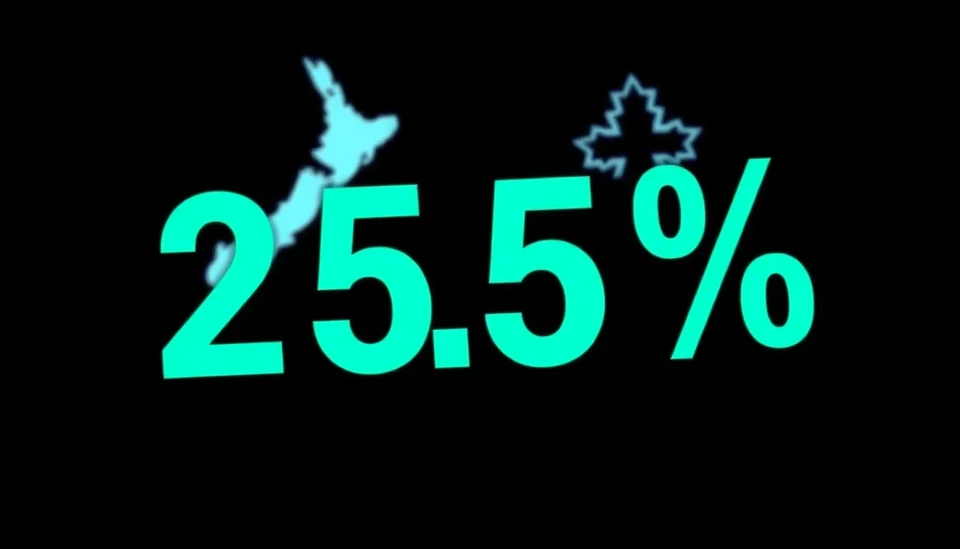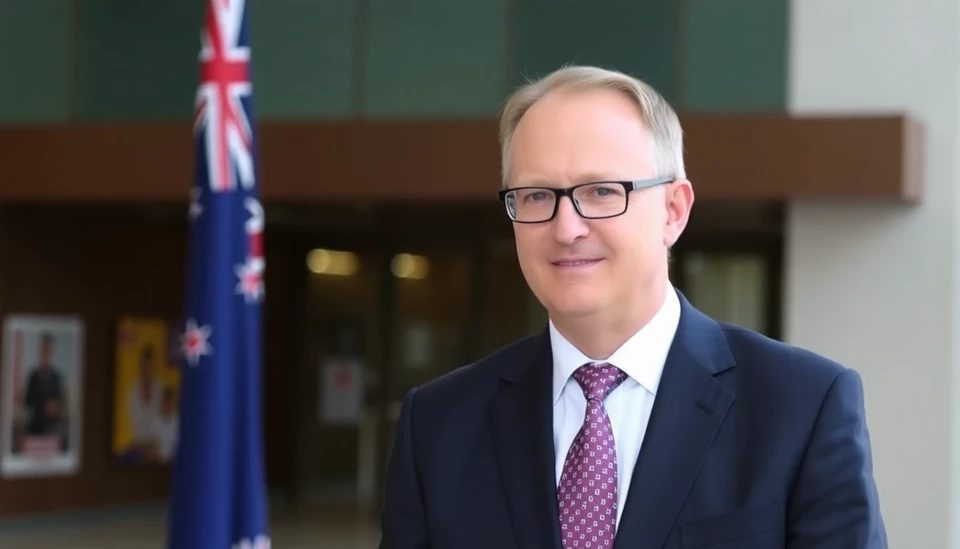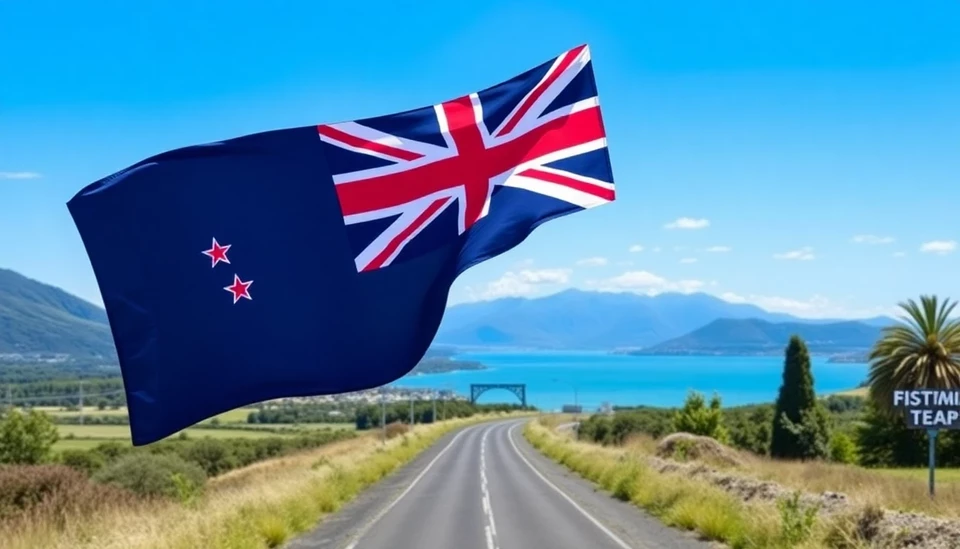
In a significant shift aimed at boosting funding for sports across New Zealand, the government has proposed a new monopoly on sports betting, which is expected to channel additional revenue to various athletic organizations. This proposal is stirring discussions within the sports community and beyond as stakeholders consider its potential impact on both funding and gambling behavior.
According to reports, the New Zealand government plans to centralize betting operations under a single entity, which would likely be run by the existing state-owned enterprise, TAB (Totalisator Agency Board). This strategic move is intended to streamline betting activities and harness the full potential of sports wagering to support local sports initiatives.
Currently, sports entities rely heavily on existing sponsorship and match-day revenues, but those funds are often not sufficient to cover rising operational costs. The implementation of this monopoly could provide a much-needed financial boost, as revenue generated from sports betting would be reinvested back into promoting and developing New Zealand's sports scene.
Experts believe that the proposal could achieve dual objectives: augmenting fiscal resources for sports organizations and ensuring safer gambling practices. By consolidating betting operations, the government aims to regulate the industry more effectively, minimizing harmful gambling habits often associated with unregulated markets.
While opinions among sports organizations are varied, there appears to be a general consensus that enhancing funding is crucial for the development of grassroots sports. Many organizations argue that with better funding, they can improve training facilities, support athlete development programs, and host more competitions, which collectively serve to elevate the standard of sports in New Zealand.
Nevertheless, some critics argue that encouraging a betting monopoly could inadvertently normalize gambling culture among the youth or exacerbate gambling addiction issues. As part of the plan, the government will also need to consider implementing robust responsible gambling measures to address these concerns adequately.
Moreover, industry experts are advocating for transparent communication regarding the intended use of the funds generated from this monopoly. Ensuring that the revenues are directed explicitly towards sports development rather than other government expenditures will be crucial in winning public trust.
The government is expected to roll out more detailed information regarding the proposal in the coming months, including how it plans to integrate responsible gambling frameworks within the monopolized betting system.
As New Zealanders await more information, the sporting community remains cautiously optimistic. Many see this as the first step toward a more sustainable and prosperous sporting landscape in the country, but only time will tell how this proposal unfolds.
Overall, New Zealand's planned monopoly on sports betting could mark a transformative moment for how sports are financed, with implications that reach deep into the nation's athletic culture.
#NewZealand #SportsBetting #TAB #FundingForSports #GamblingMonopoly #AthleticDevelopment #ResponsibleGambling #SportsCommunity #GovernmentProposal
Author: Rachel Greene




